“Go-To! What actually is ageing skin?”
Good question! Tricky question!
We all age at completely different rates (thanks to genetics, lifestyle, sun damage, how many trips you’ve been able to make to the fountain of youth, etc.) which makes it basically impossible to pinpoint any one age or stage as the official point at which your skin is deemed "ageing".
But generally speaking, there's a few signs that get associated with ageing skin:
-
Fine lines and wrinkles pop up more frequently.
-
A loss of firmness or lack of “bounce” in your skin.
-
Increased dryness, despite that not typically being your skin type.
-
Uneven skin tone and pigmentation that’s stubborn and hard-to-shift.
-
No longer finding The Simpsons that funny.
If any of those sound familiar, here are some simple (but effective) steps to care for and treat mature skin:
1. Increase exfoliation
As we get older, collagen production starts to decrease and the rate at which your skin cells reproduce slows down. This means you’ll likely need a bit of support in the cell-turnover department. Upping your exfoliation 3-4 times a week will help remove the build-up of dead skin cells. Ingredients like glycolic acid boost your skin renewal for a glow that’ll rival a newborn’s. (Not quite, but you will have improved skin texture for a serious glow.)
2. Add in a retinal
Vitamin A and its derivatives are your best weapon against wrinkles, hyperpigmentation (read: age spots), and dull skin. Working in a prescription or over-the-counter retinal can speed up your skin's renewal and aid in evening skin tone for a brighter complexion. Retinal can also be particularly effective around the delicate eye area which tends to show signs of ageing first.
3. Up the brightness
Glow gone missing? Sadly, with the decline in collagen, moisture, and elasticity, ageing skin can sometimes be left looking a tad dull. A powerful antioxidant like vitamin C ups your radiance thanks to its flair for increasing collagen production and inhibiting melanin production (so fewer dark spots).
4. Hydrate! Hydrate! Hydrate!
As you age, your skin’s ability to produce natural oil declines and the skin layers begin to thin—making it difficult for the skin to retain moisture. Ingredients like hyaluronic acid quench thirsty skin and retain more moisture. This powerful humectant draws in and retains water to reduce the appearance of any dehydration lines for a more supple and radiant appearance.
5. Use a lush, antioxidant-riddled night cream
Mature or ageing skin will benefit most from a rich night cream and not just because you deserve only the good stuff. A cream loaded with nourishment and protective antioxidants will replenish and lock in hydration to serve your moisture barrier but feed skin too. Antioxidants are a must in your moisturiser too, as their free radical-fighting powers fend off and neutralise damage caused by environmental aggressors (jerks!) like pollution, UV, and blue light.
6. Don’t forget your SPF
The sun doesn’t discriminate. And while this is a huge win in the fight against ageism, it also means it’s just as important as ever to keep up the SPF as you age. Beyond protecting your skin from the pesky rays and preventing sun damage, a daily SPF helps fight against wrinkles, fine lines, and even pigmentation.
7. And remember: your face stops at your boobs
Your neck ages even faster than that cute face of yours. That doesn’t mean a specific neck product is required. But you should absolutely be wearing sunscreen on the area daily, applying an antioxidant-rich face cream that nourishes and repairs, and exfoliate with AHAs. Or in other, fewer, less skin care-y sounding words: Treat it exactly as you would your face.






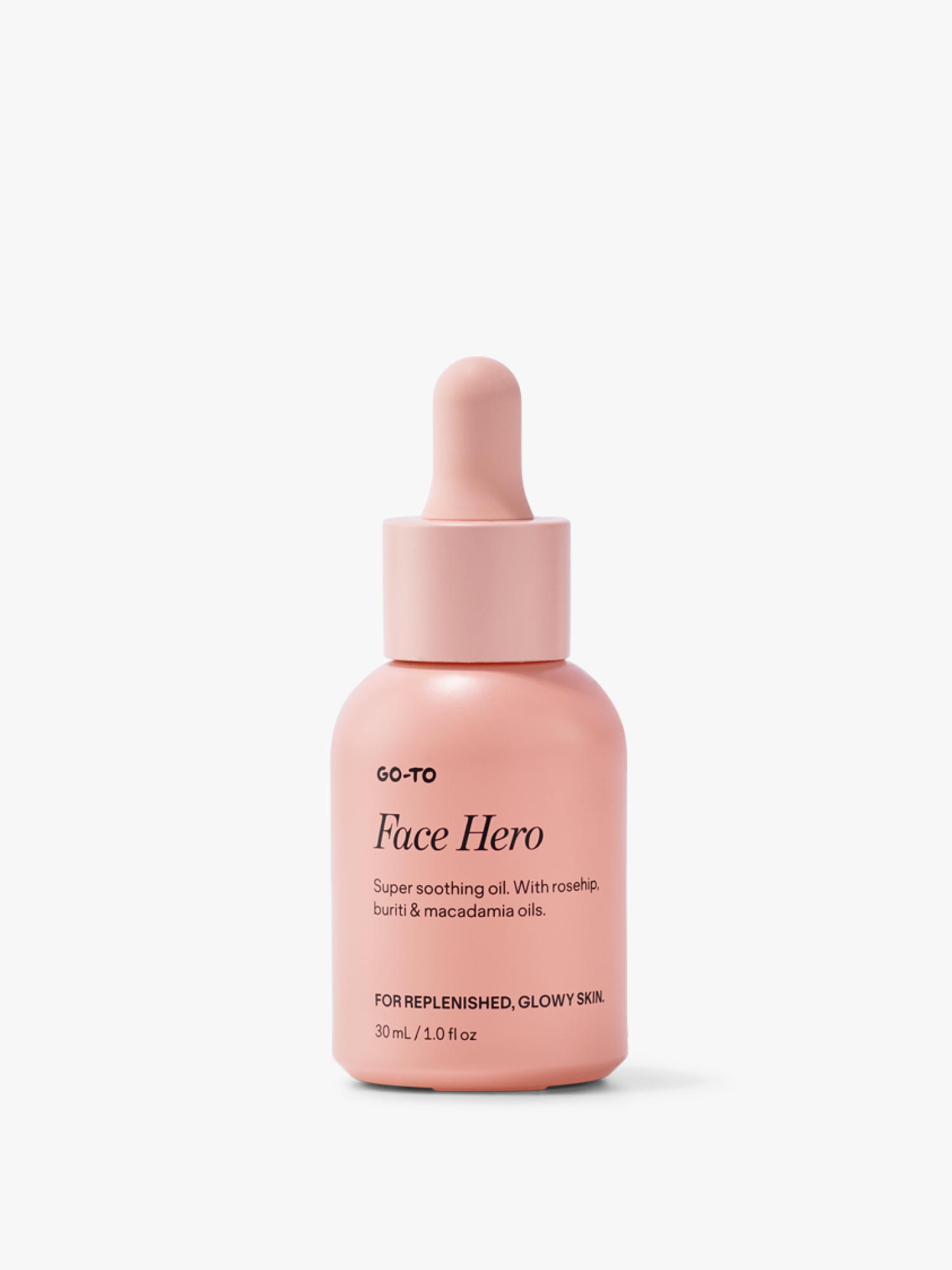



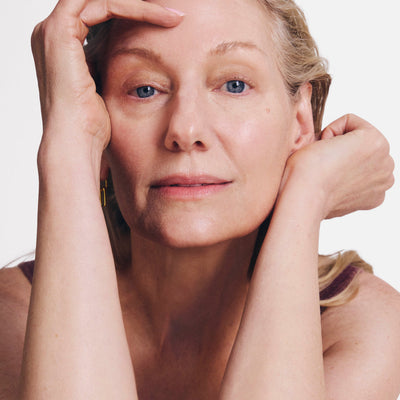
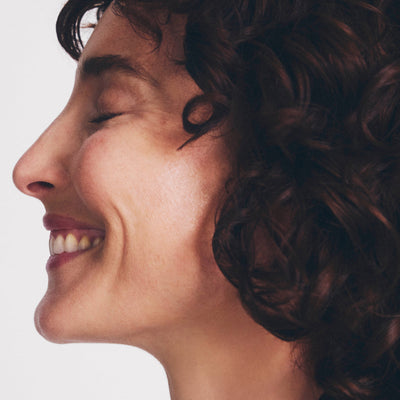
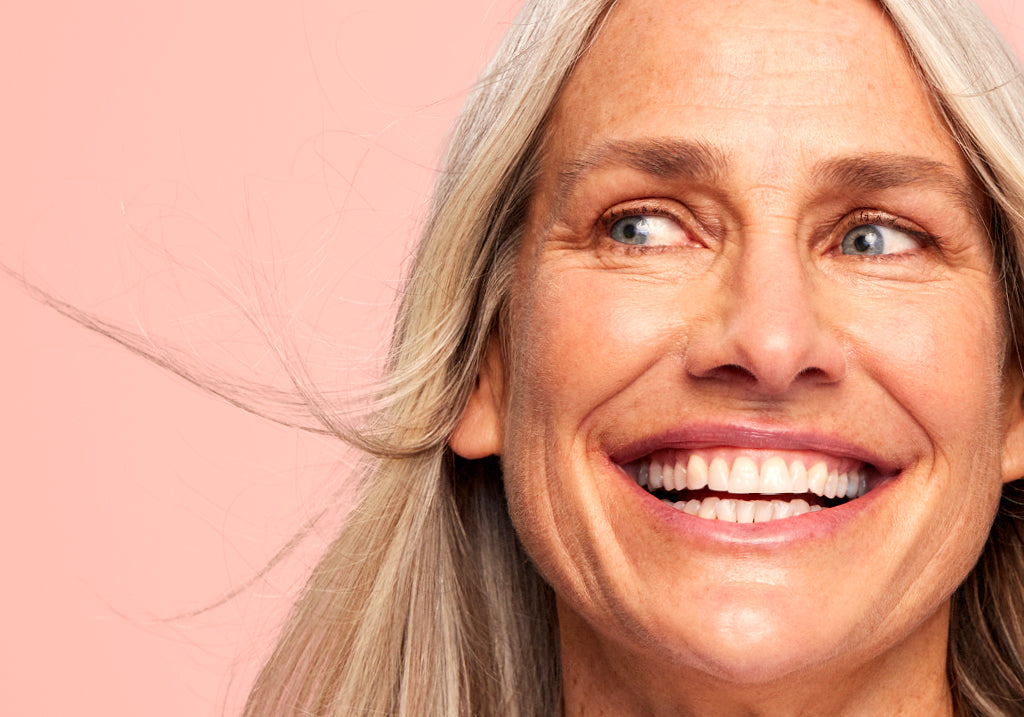

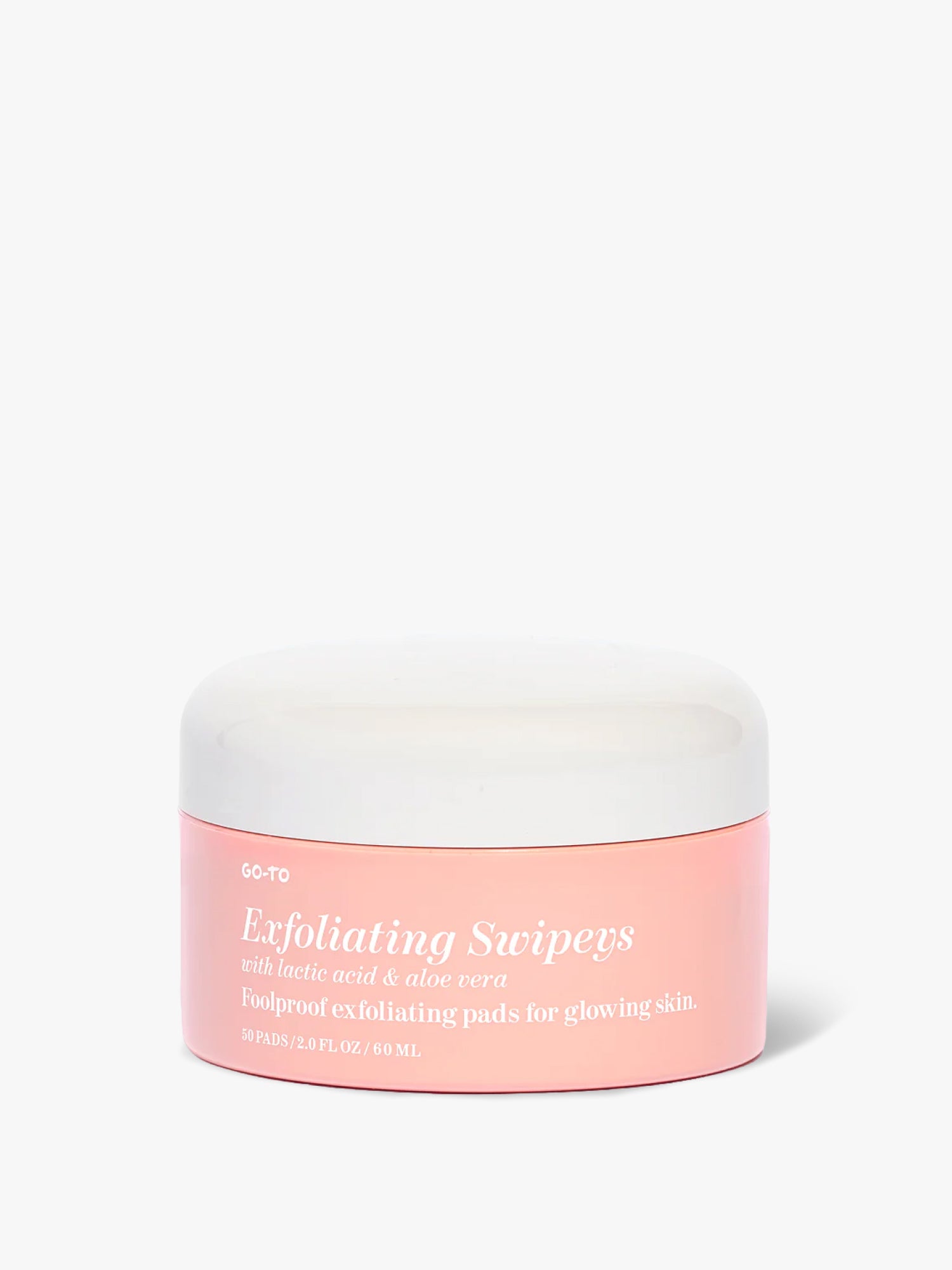
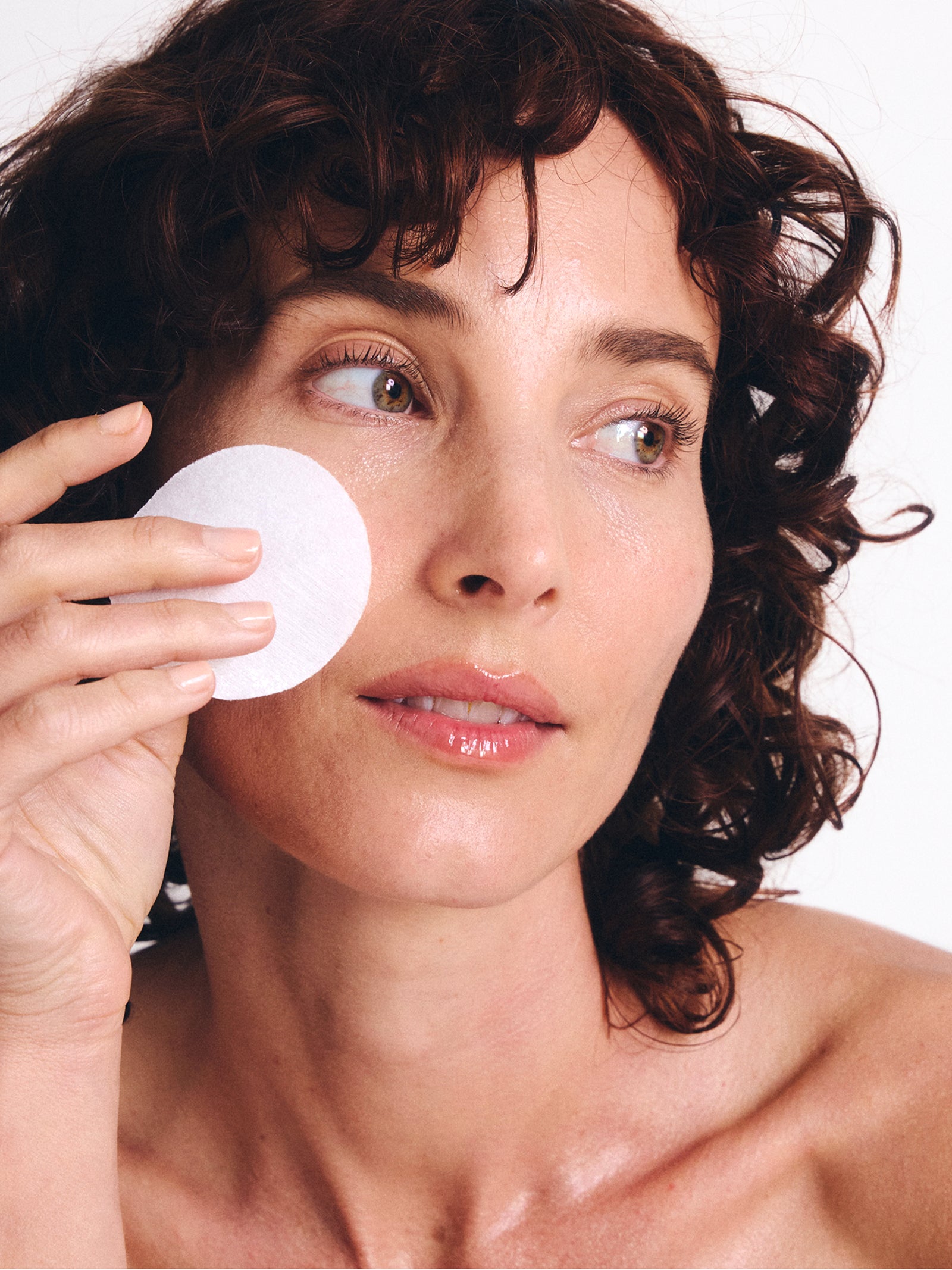



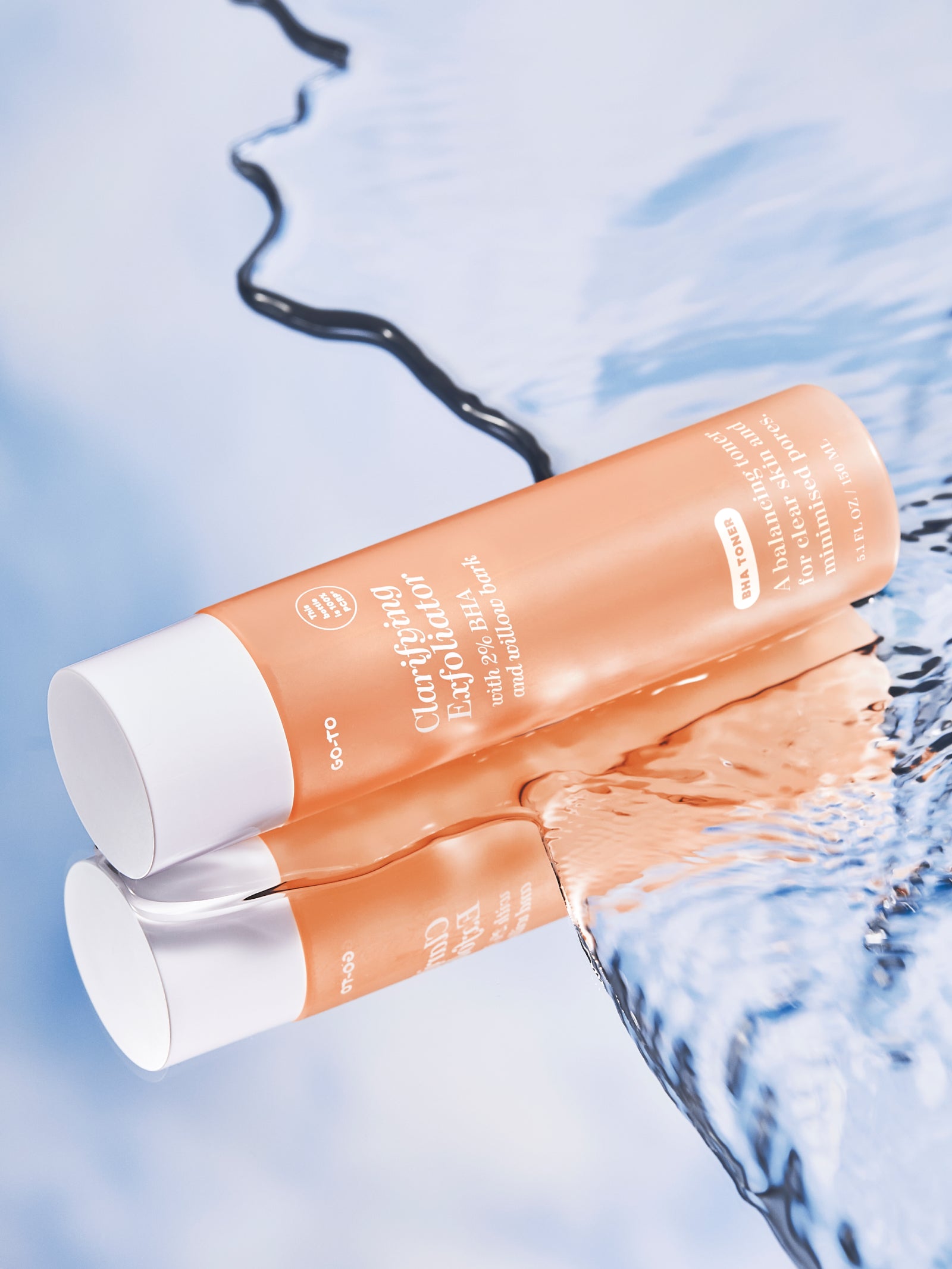



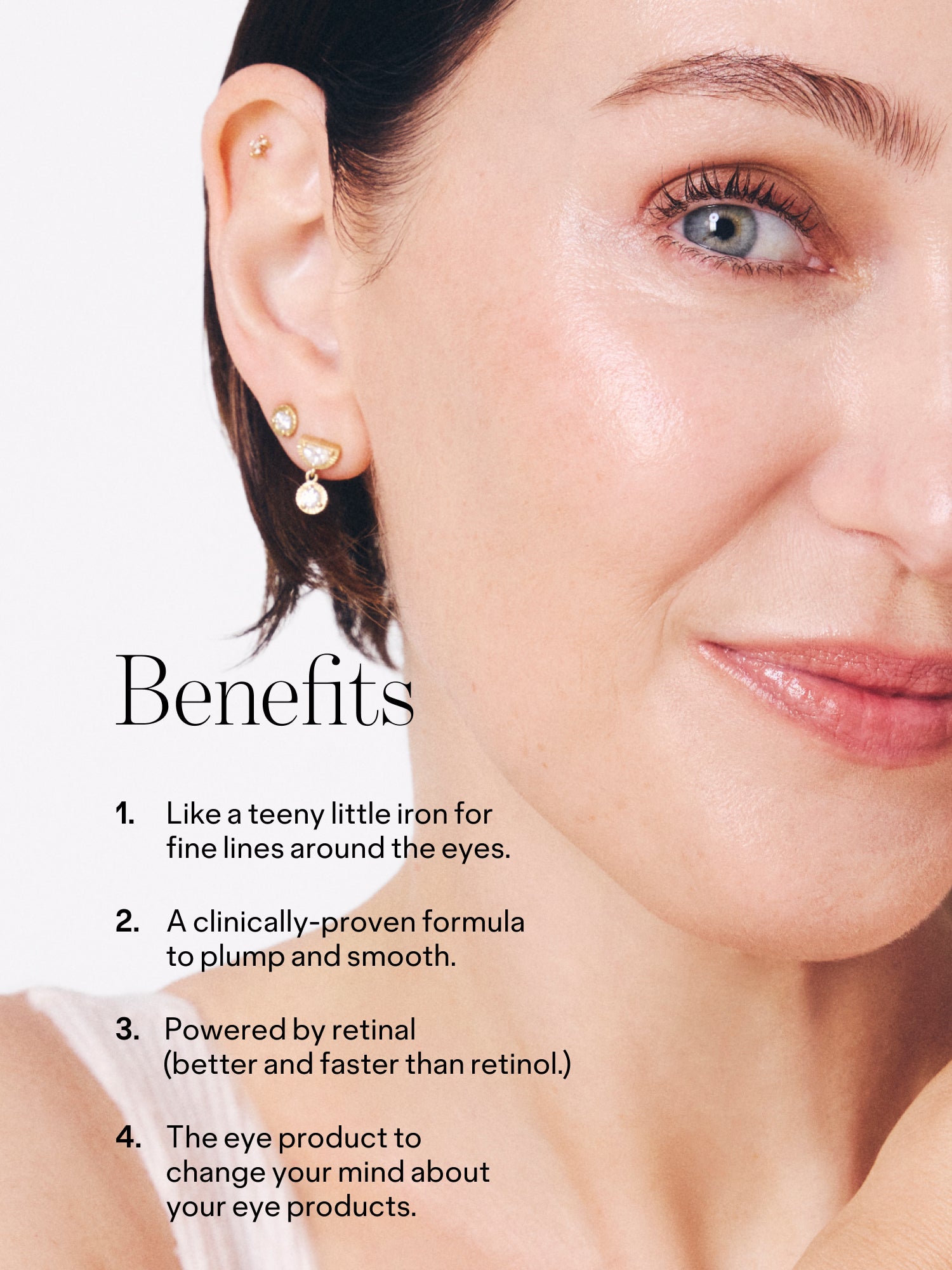
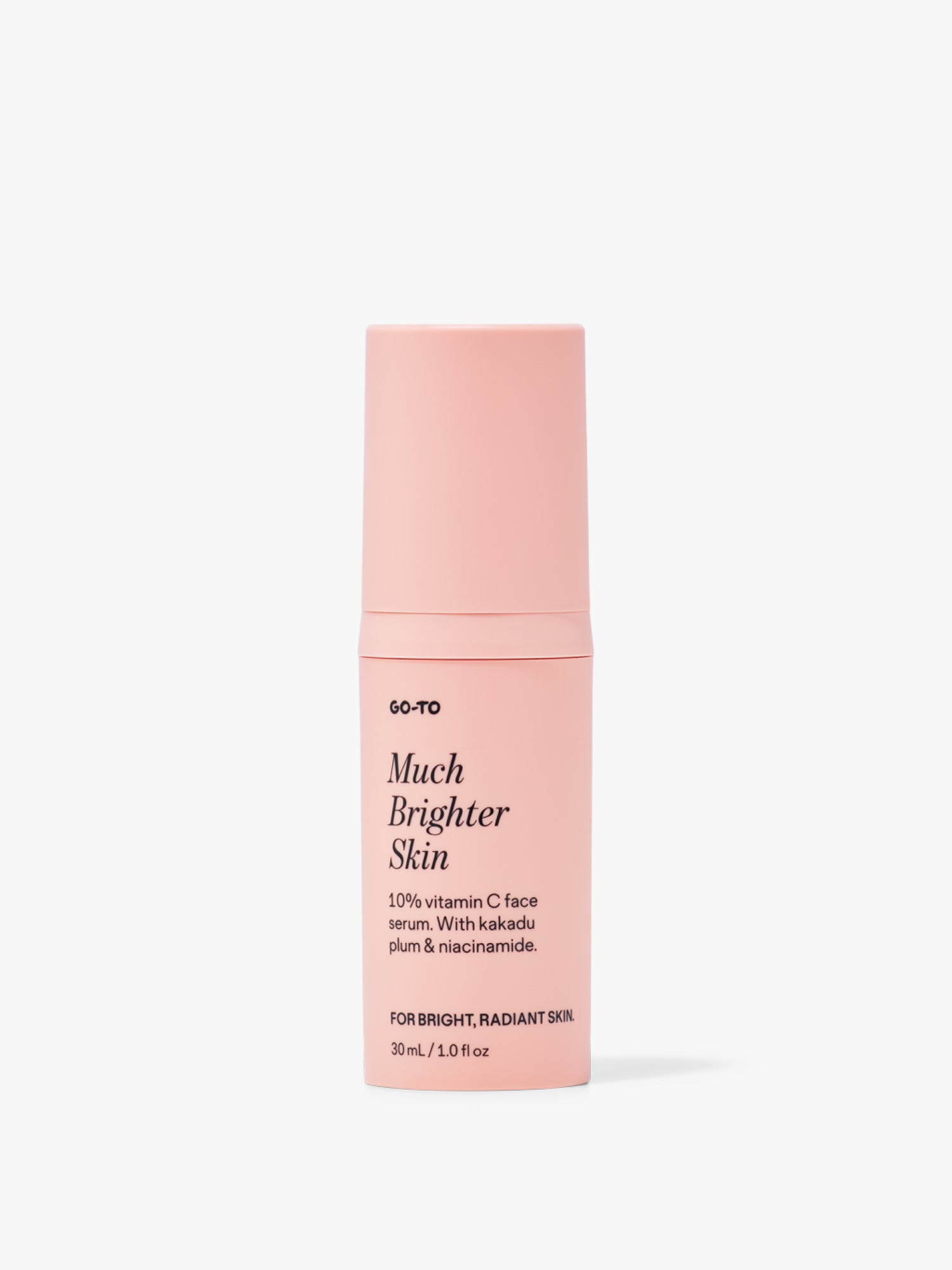
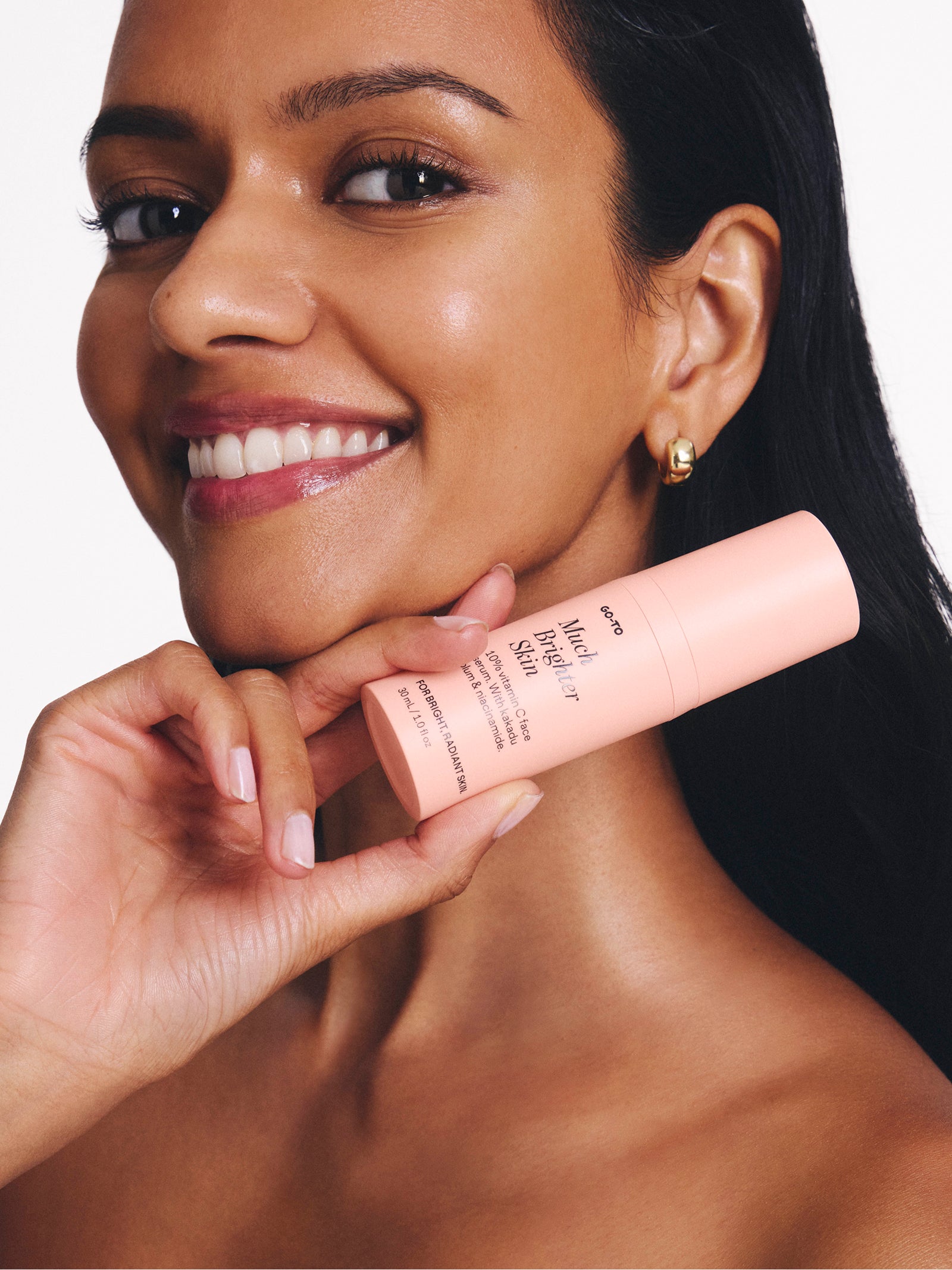



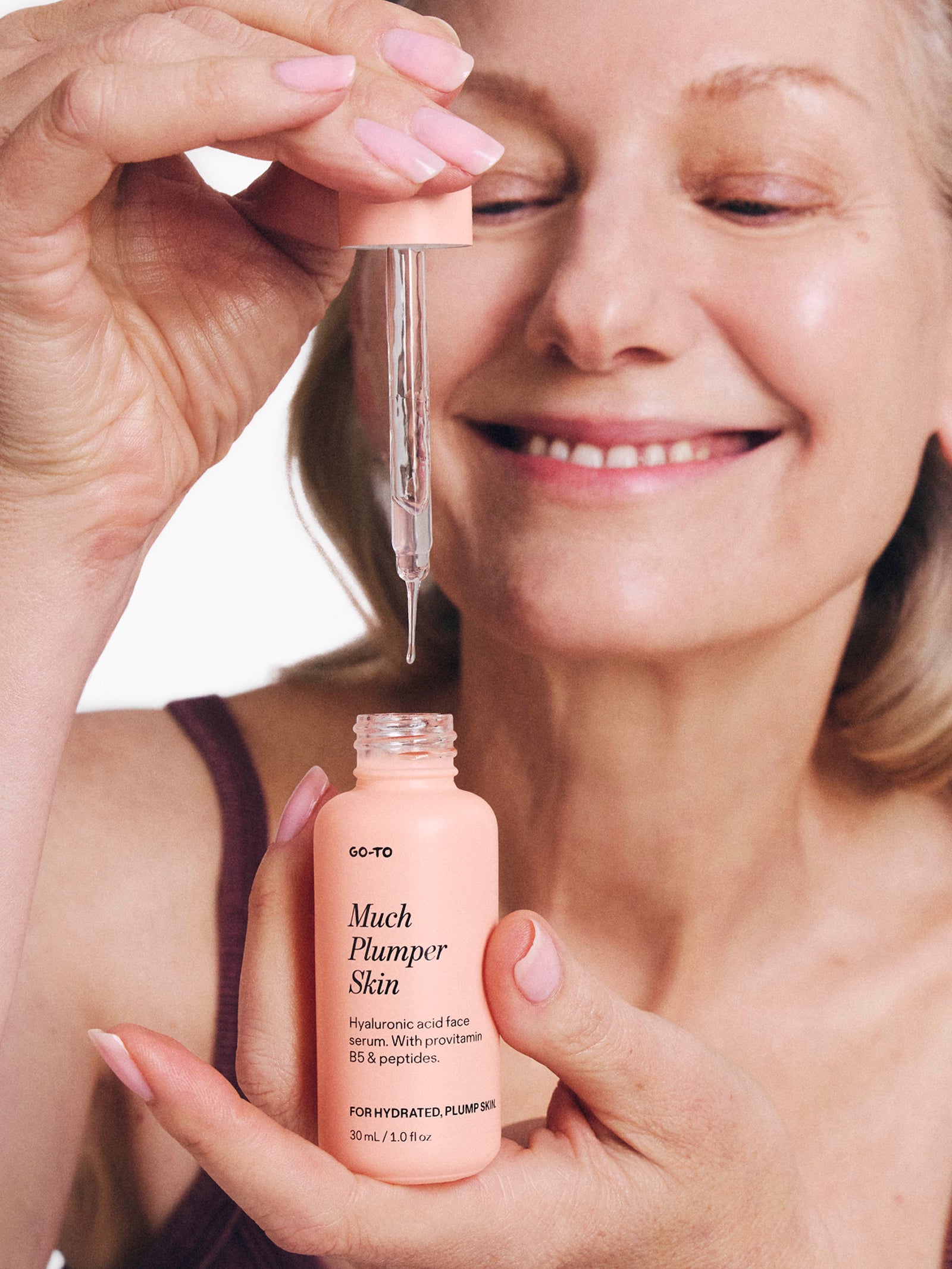
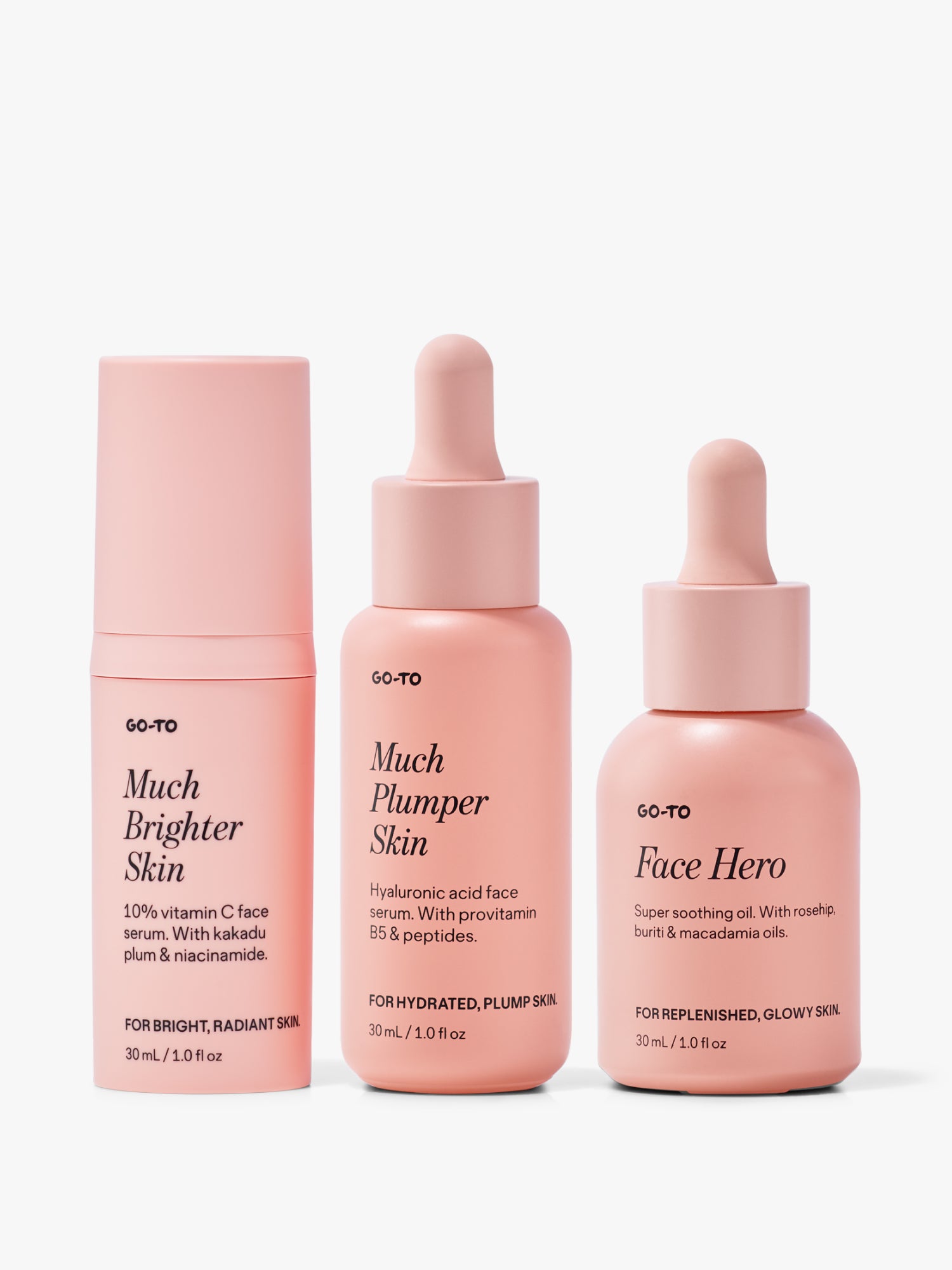
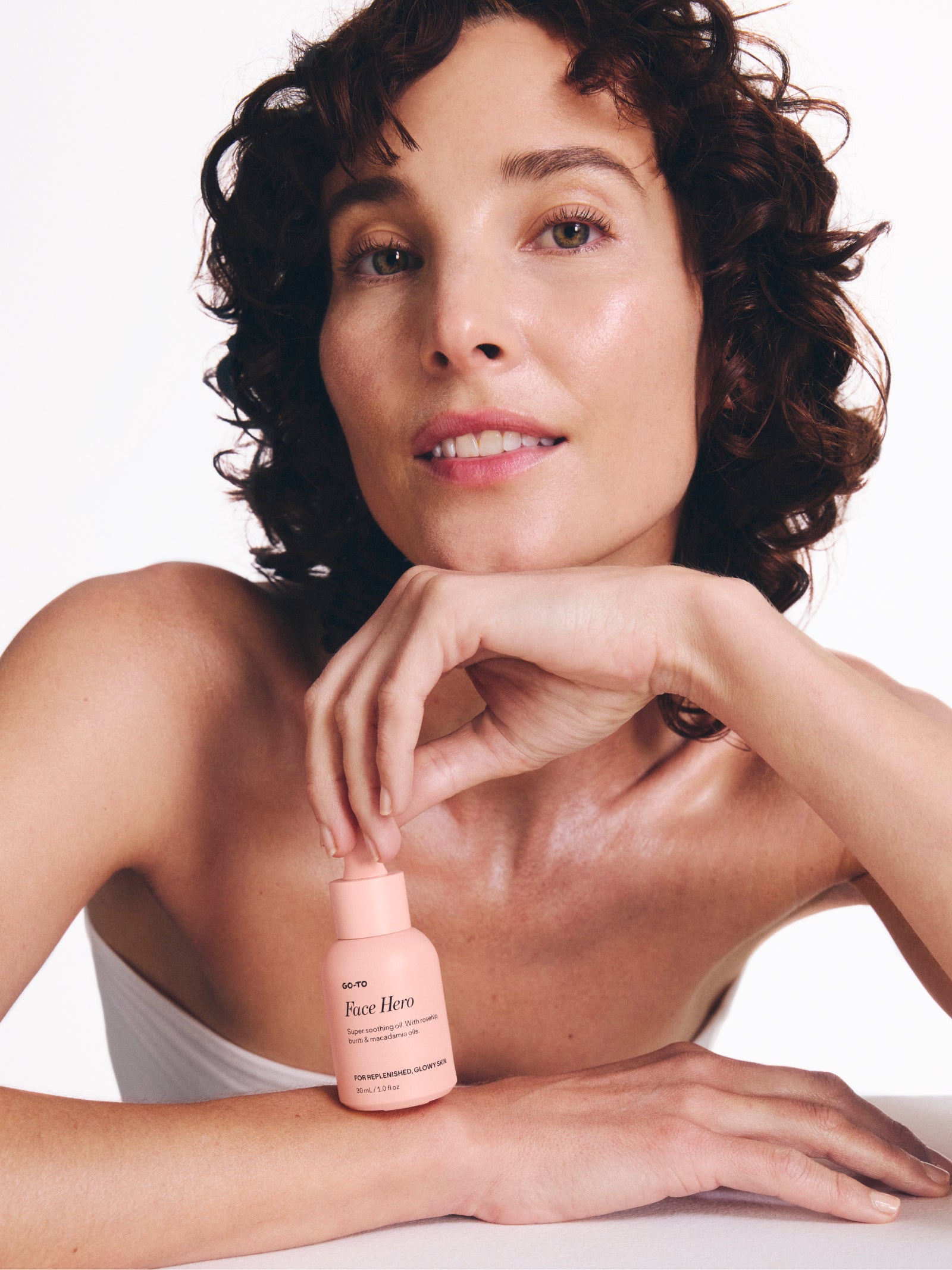
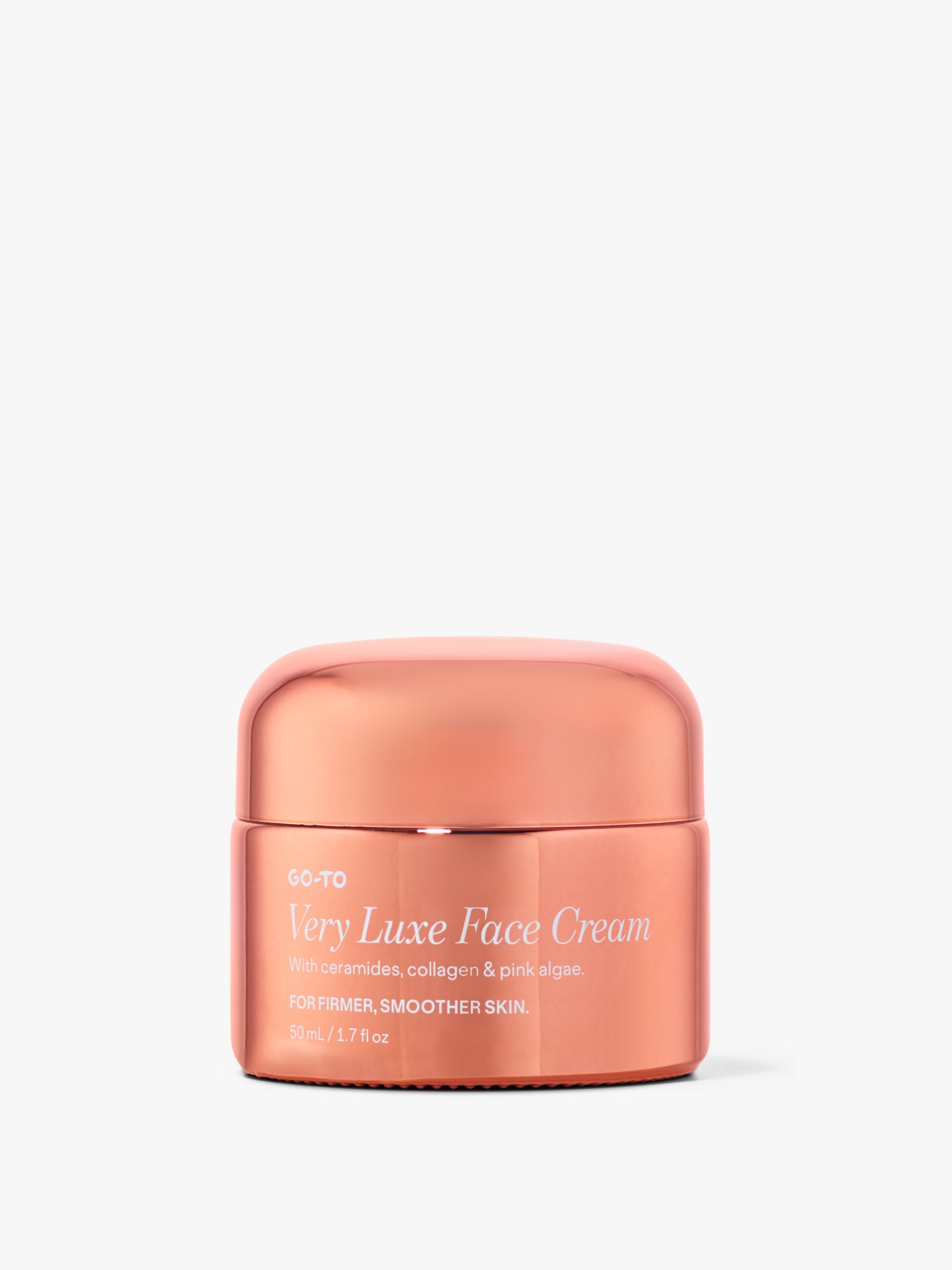

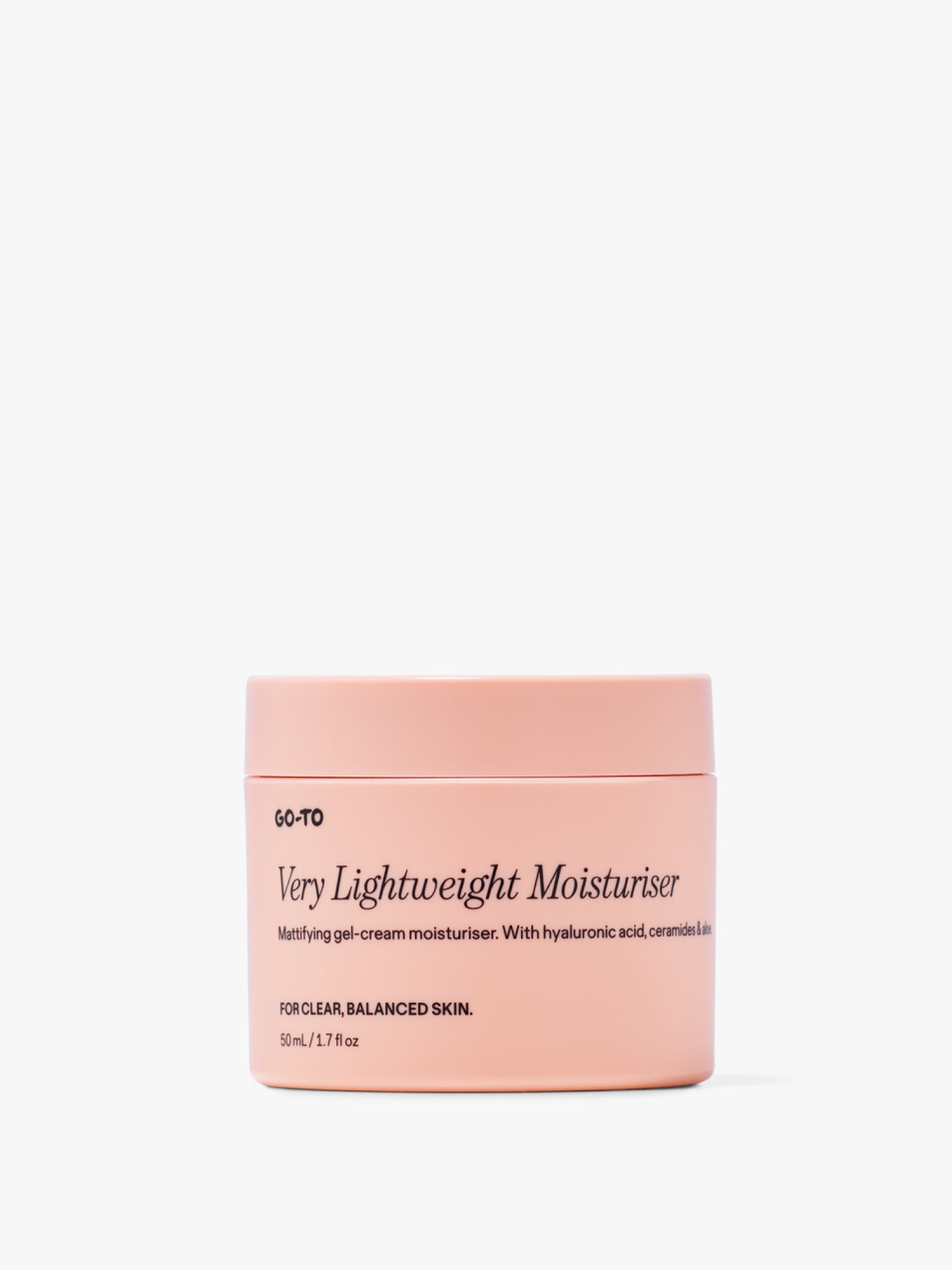
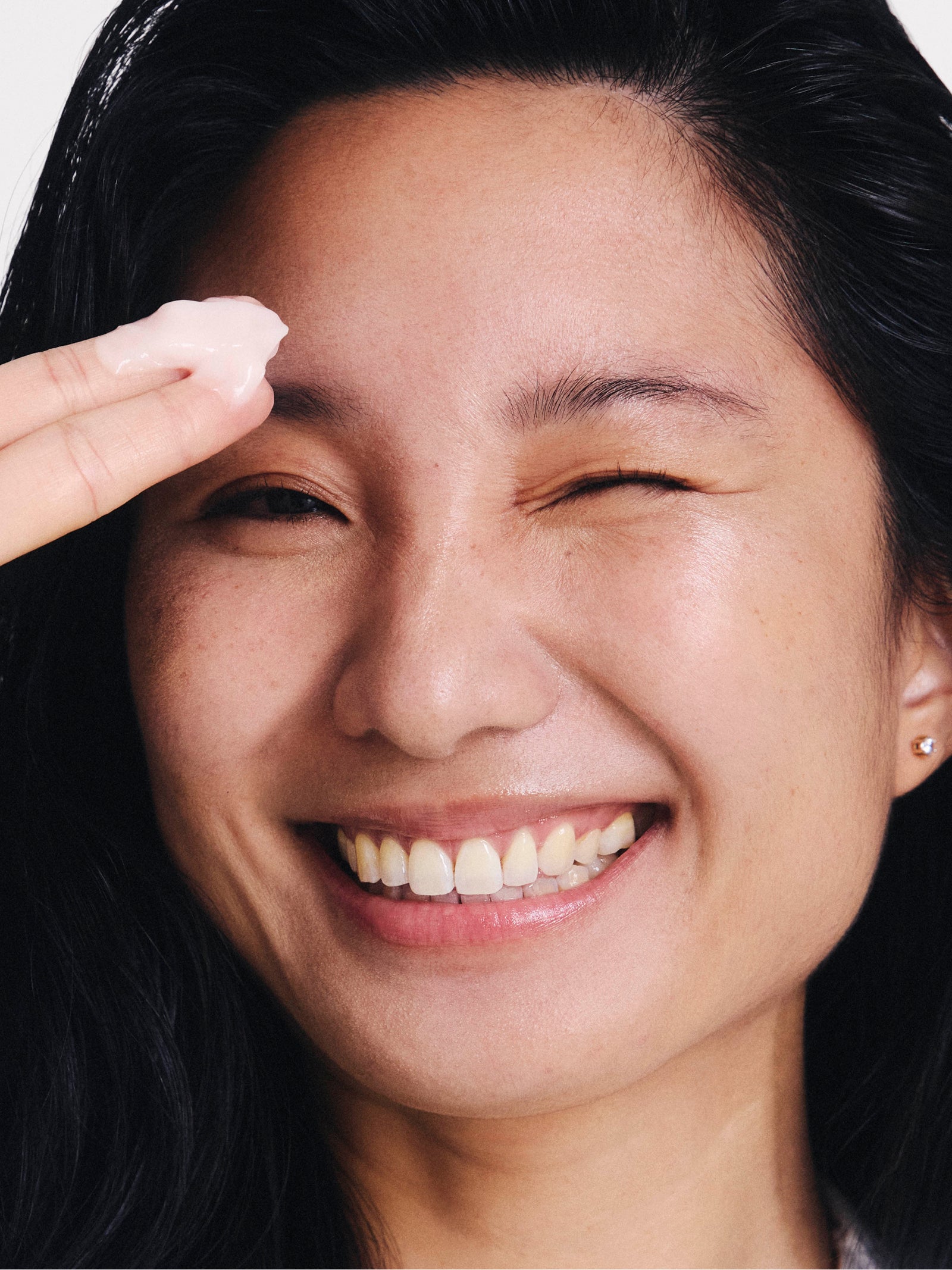
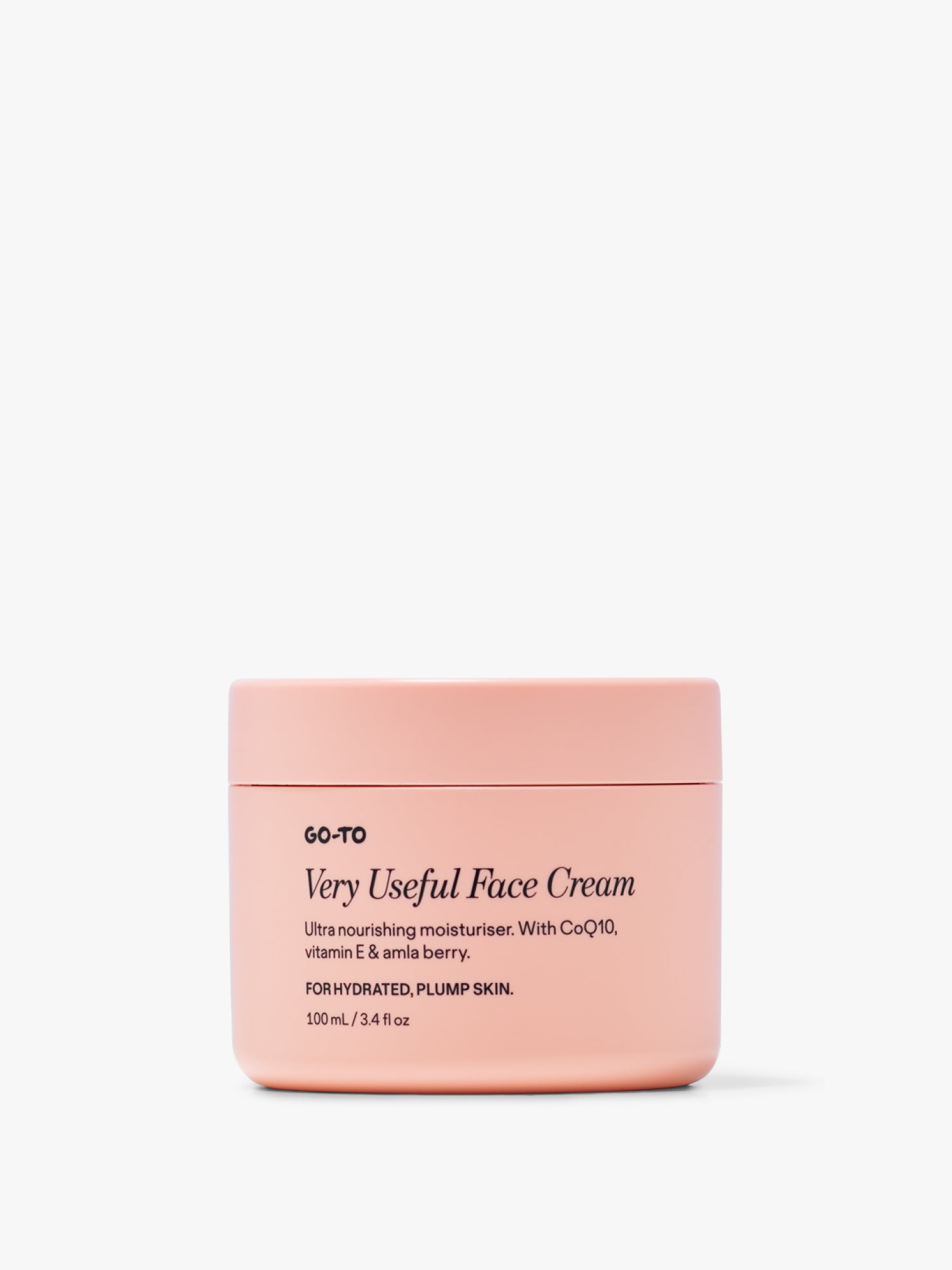

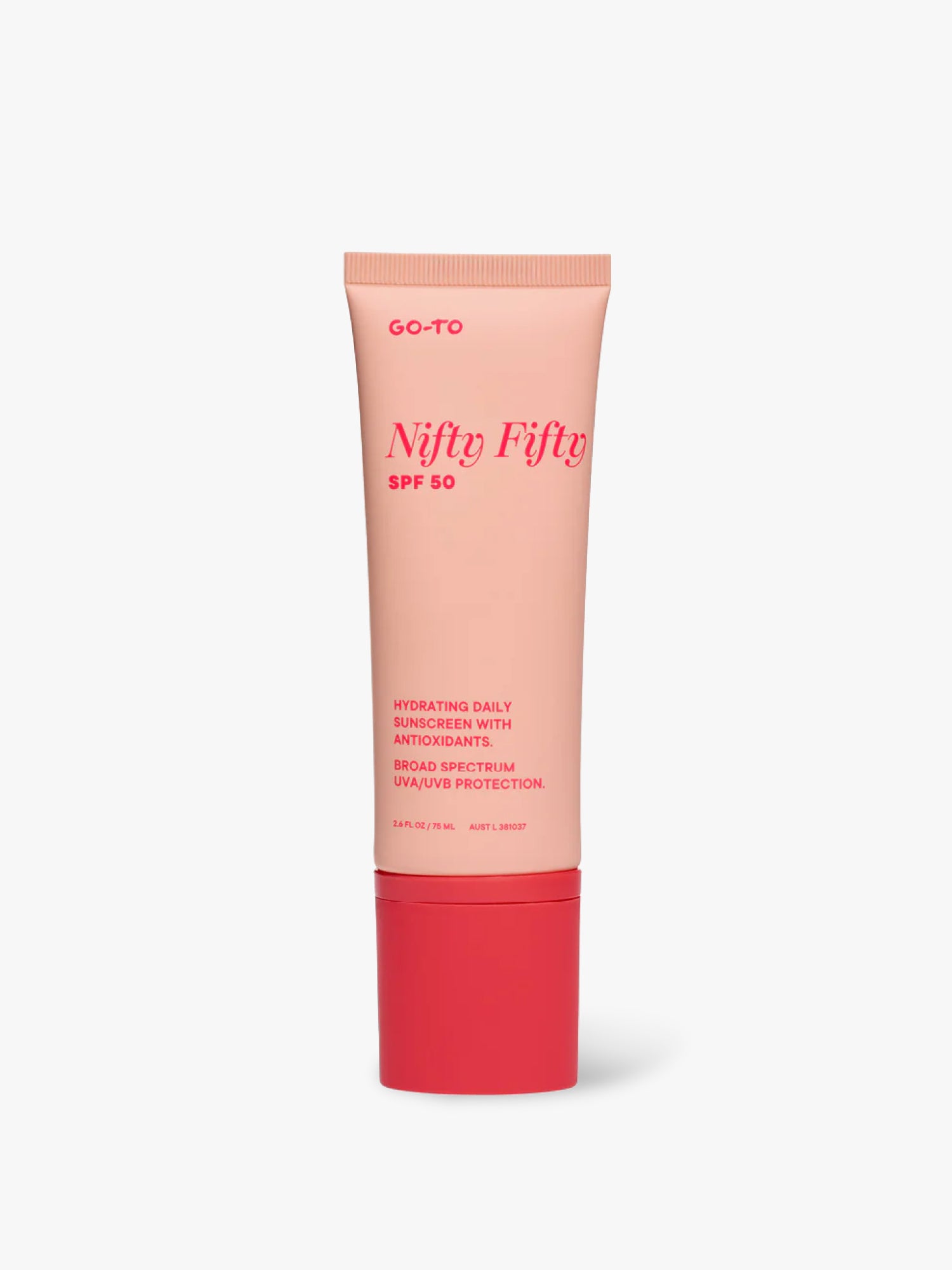
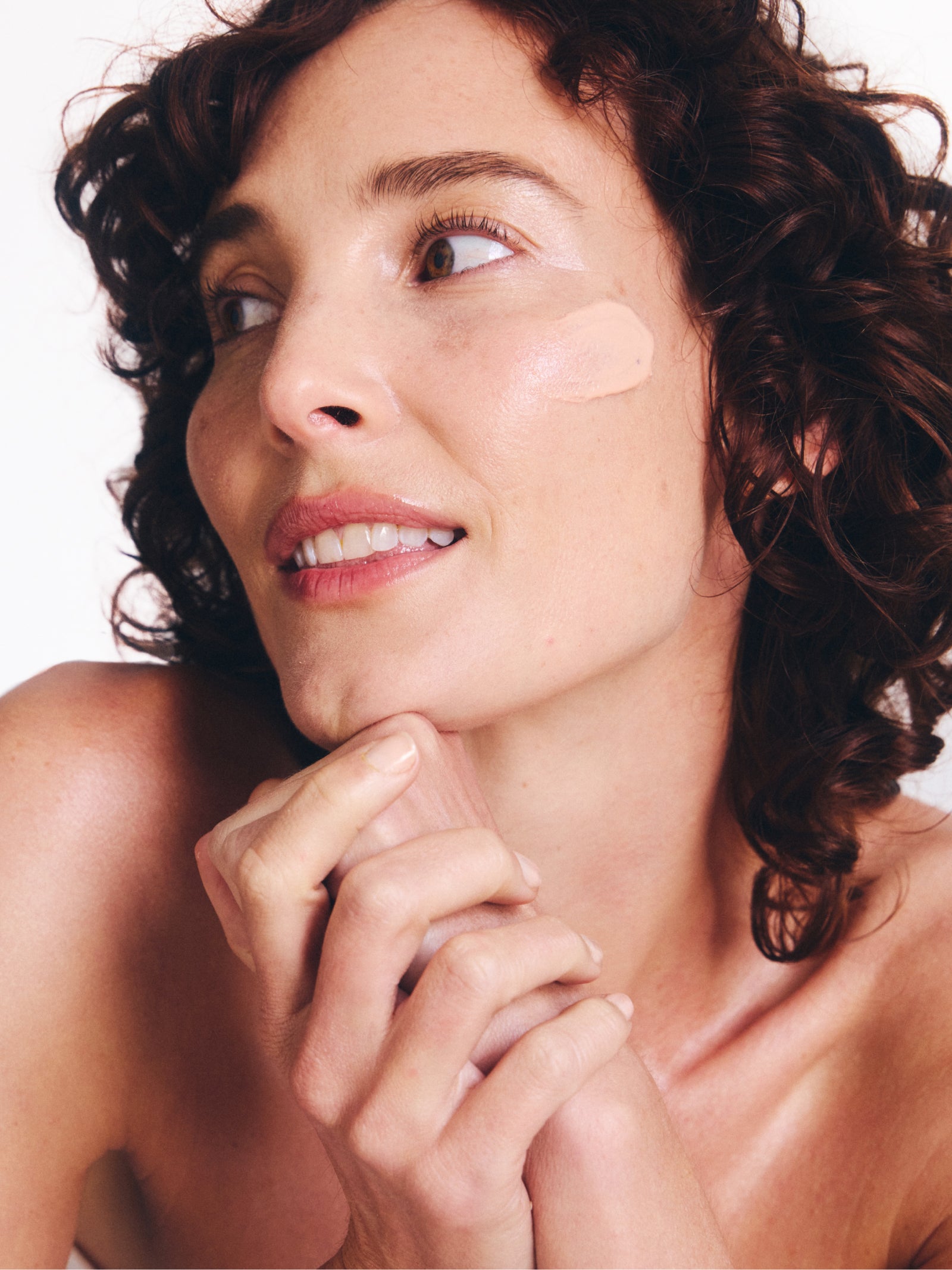
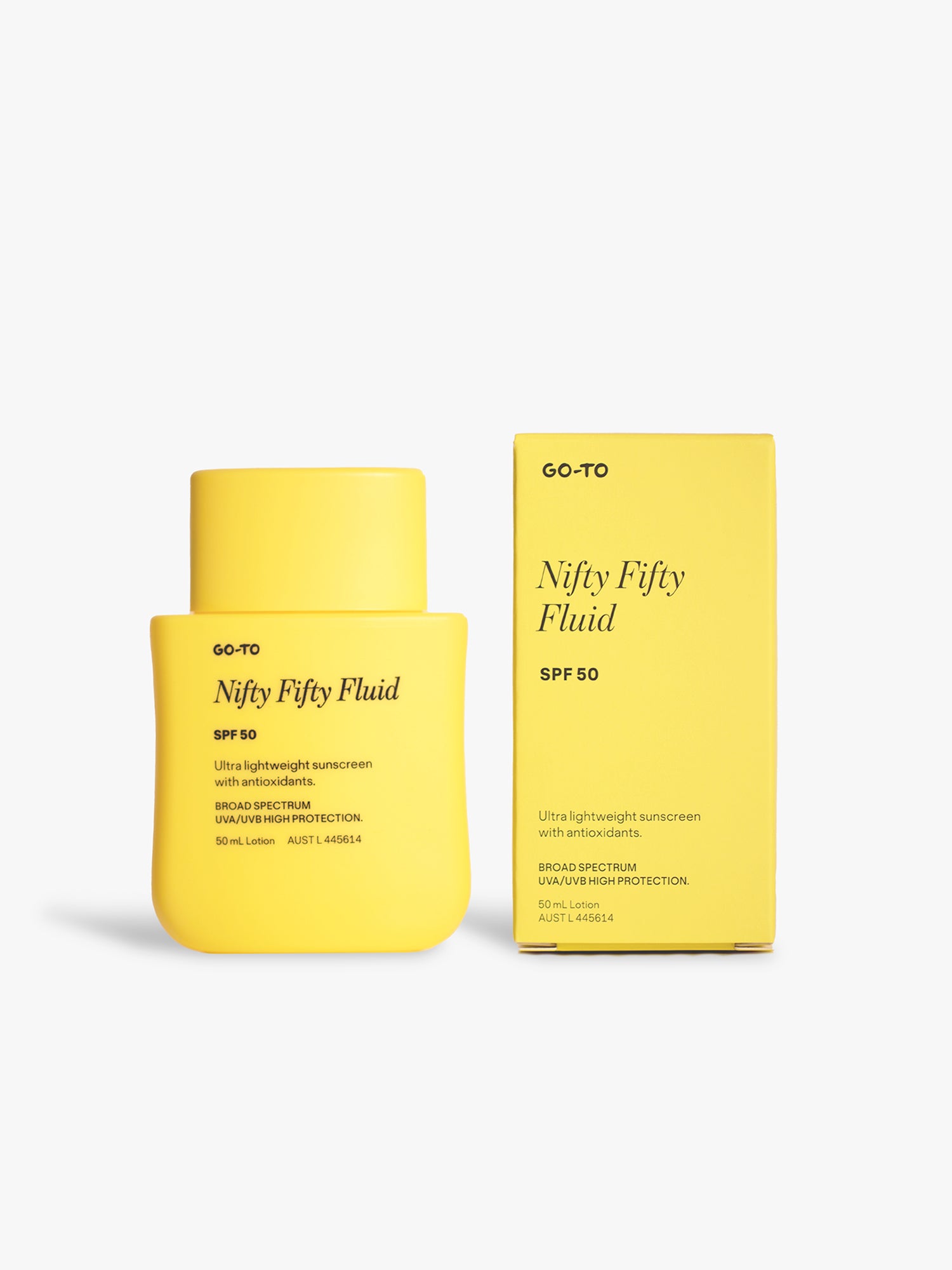



Comments